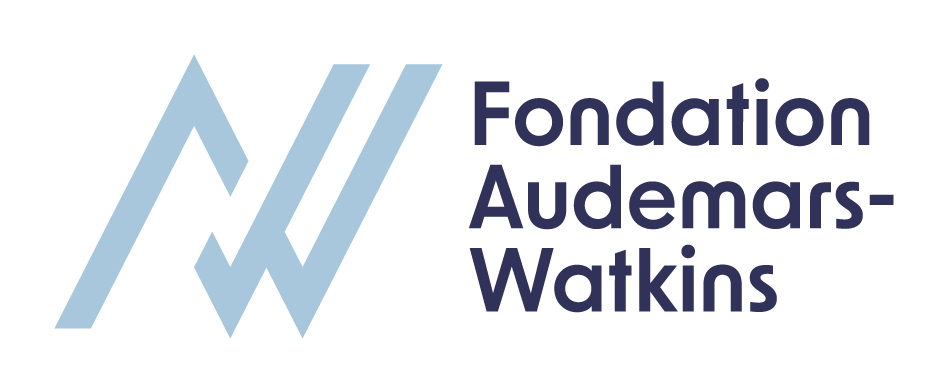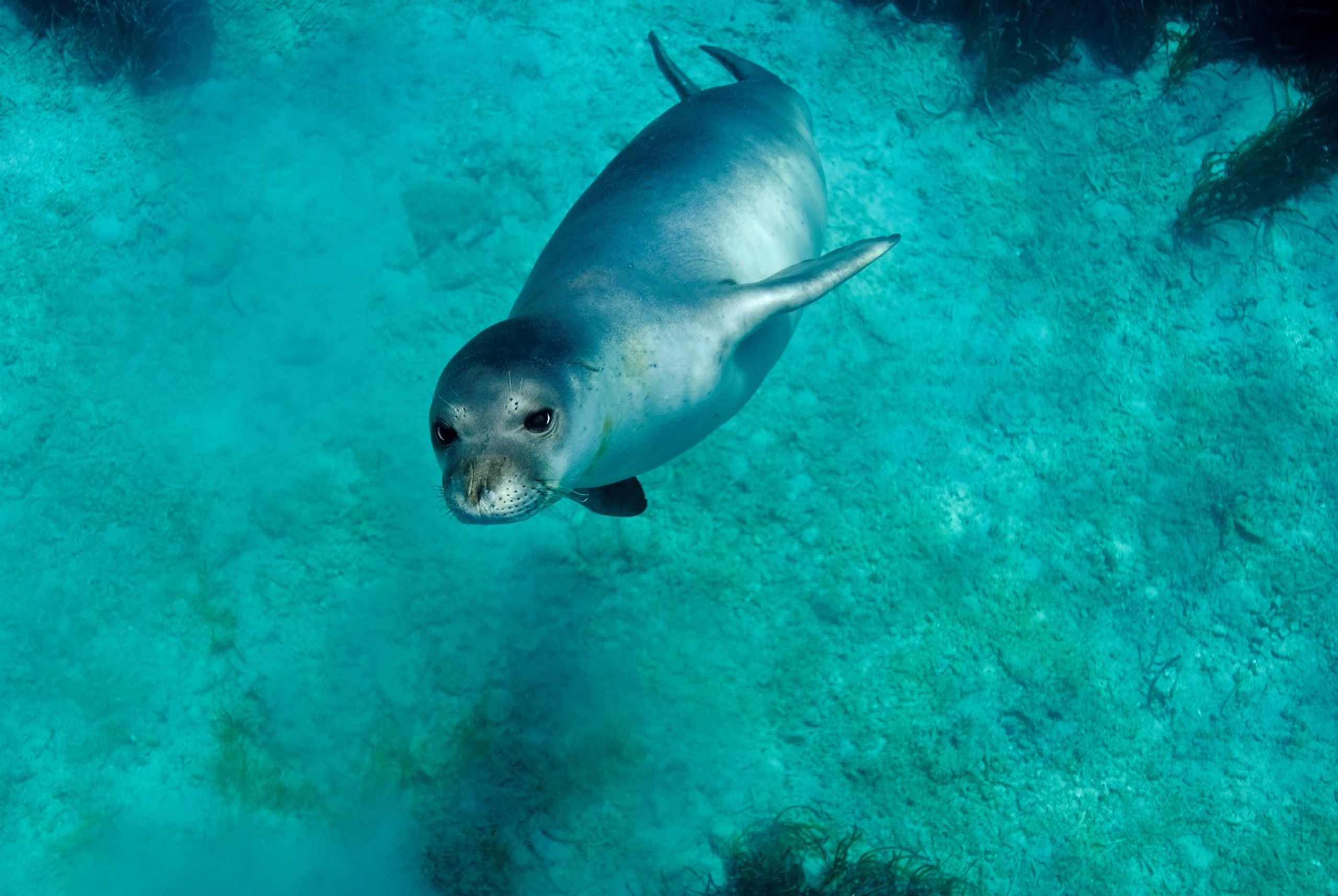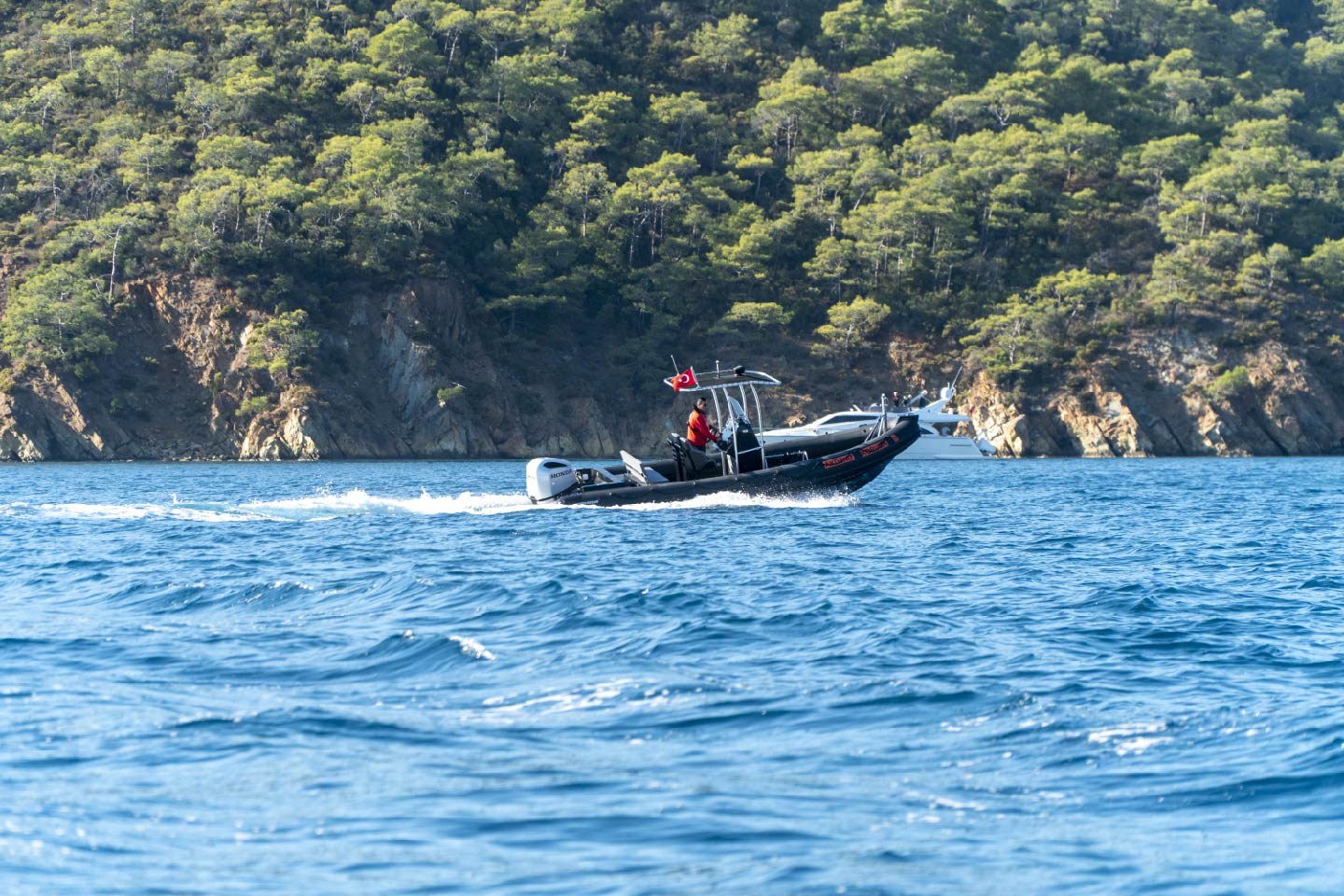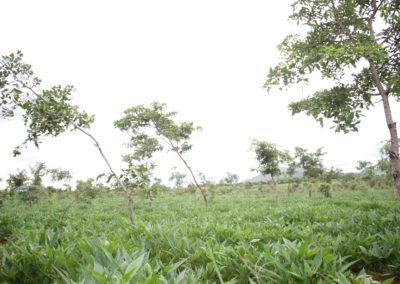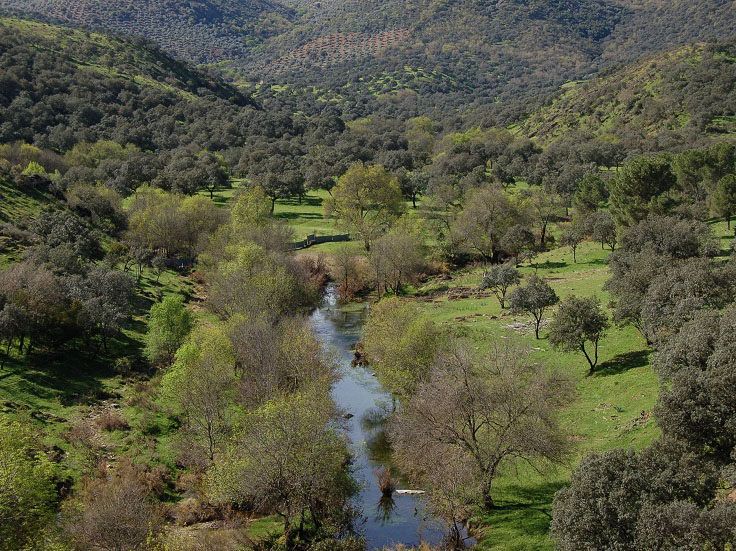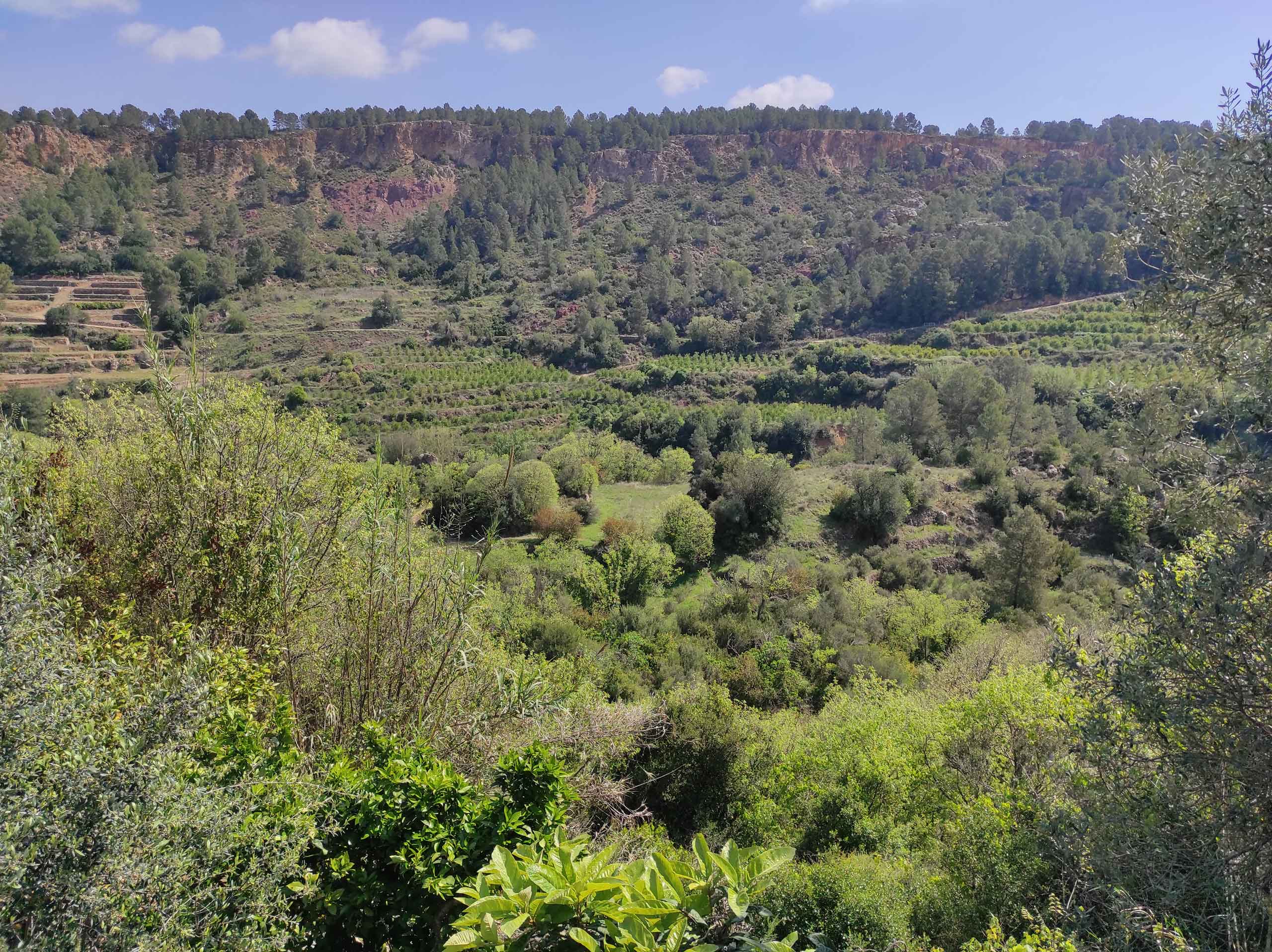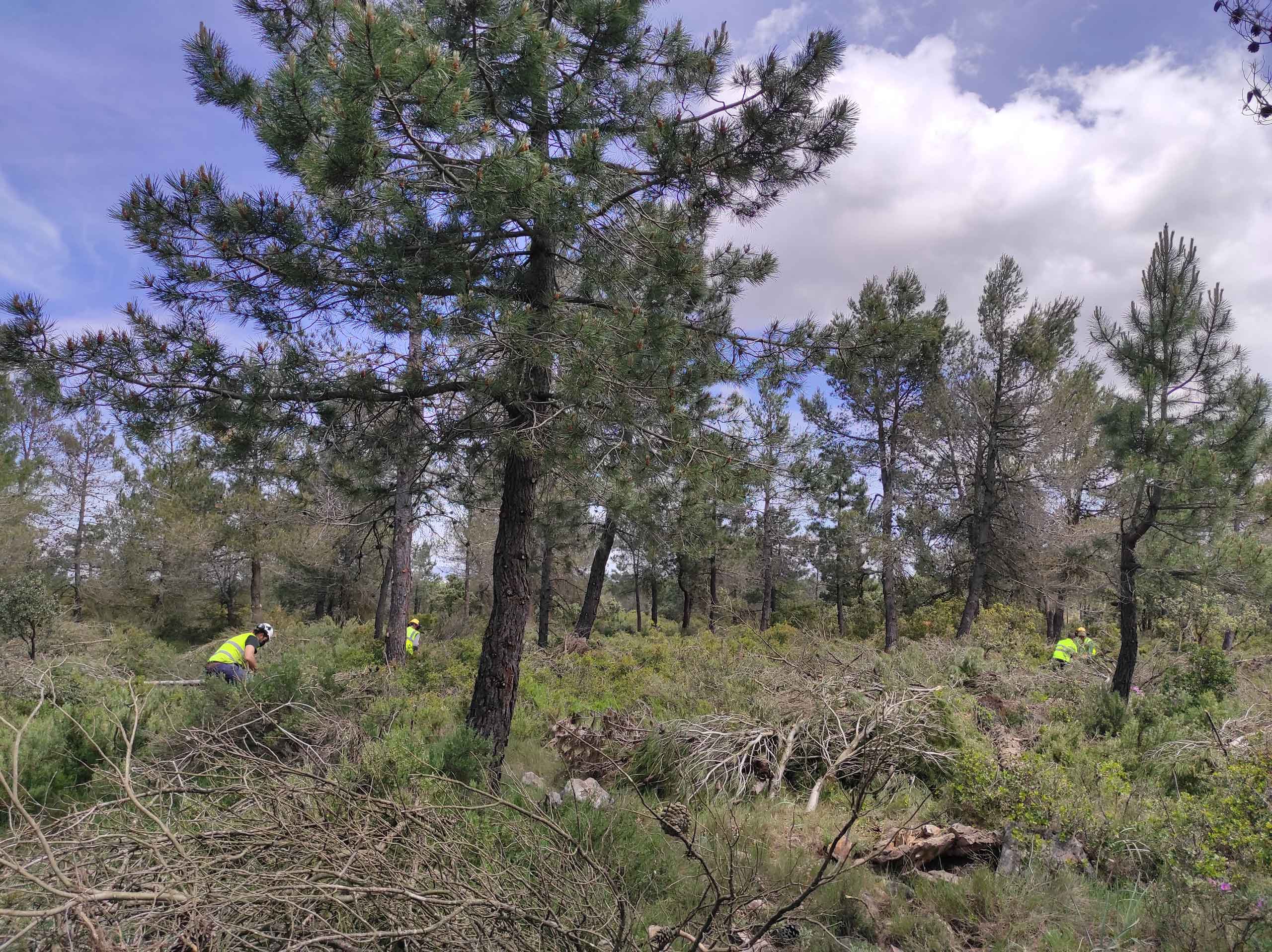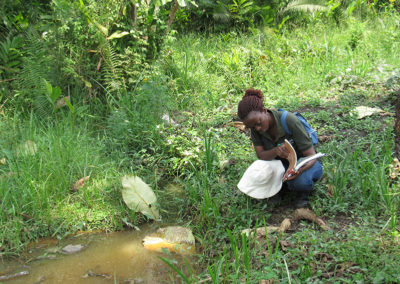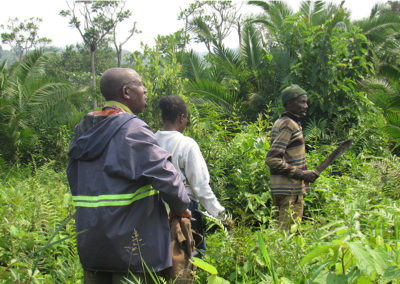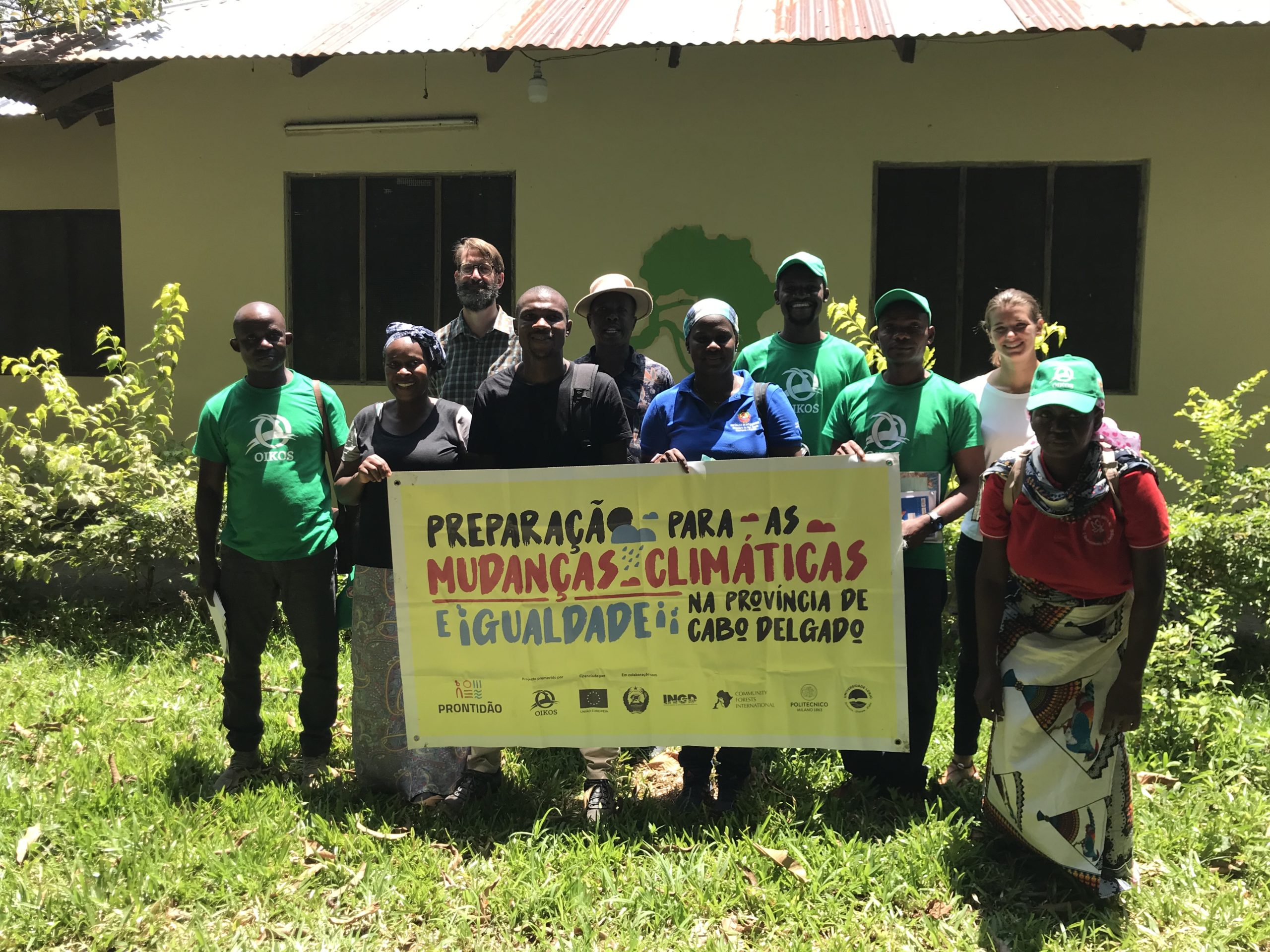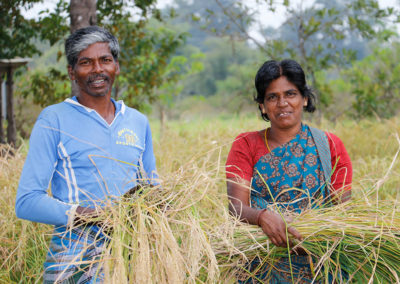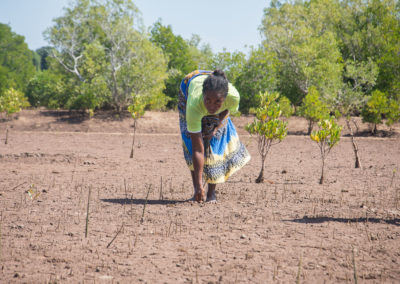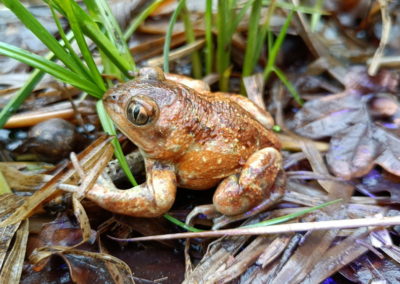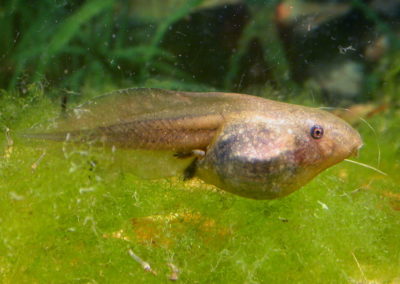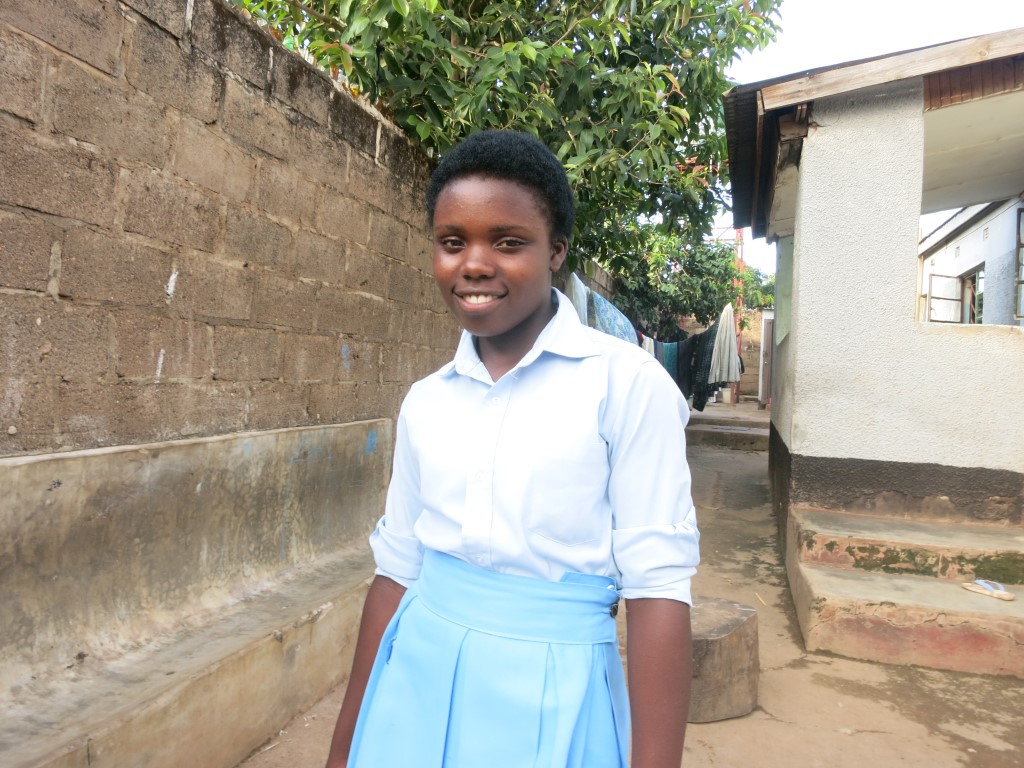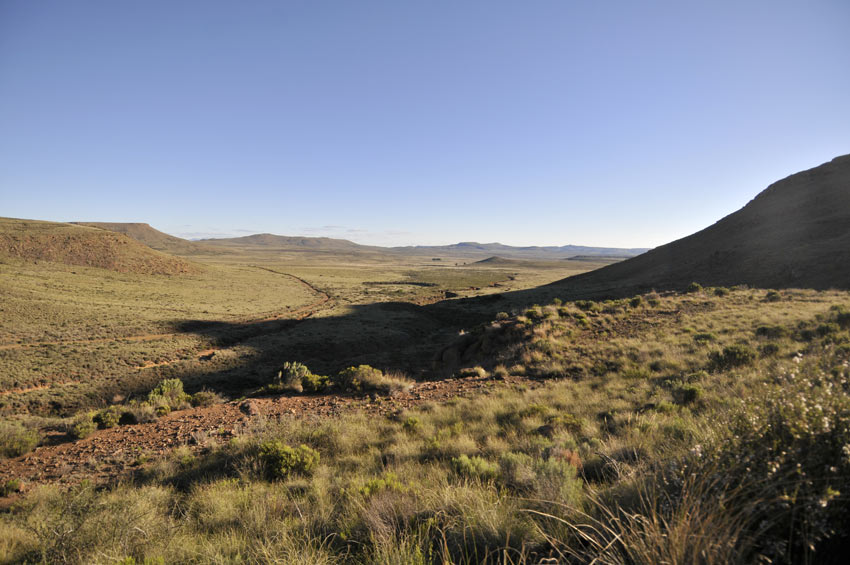PROJECT OVERVIEW
We fund projects that correspond to one (or more) of our four priority themes.
Some projects funded to date:
OCEANS
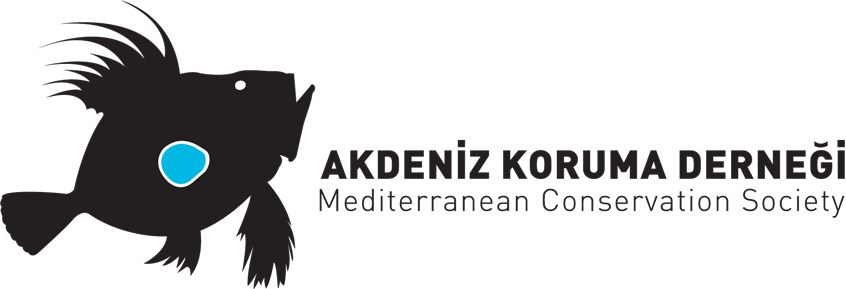
Integrating Marine and Cultural Conservation for Ecosystem Connectivity in Gökova Bay and Datça/Bozburun Peninsulas
Following the successful Gökova Bay marine habitat restoration achieved over the past five years, the Mediterranean Conservation Society (MCS) will expand its activities to the nearby Datça-Bozburun Peninsulas so as to foster their restoration and ensure their connectivity with the Gökova Bay. The MCS will work with the government, local communities and other relevant stakeholders to stop Illegal, Unreported and Unregulated (IUU) fishing and destruction to marine habitats, and will also conduct research, monitoring, and protection activities for endangered Mediterranean species such as Mediterranean seagrass (Posidonia oceanica), the endangered Mediterranean monk seal (Monachus monachus), and the endangered sandbar shark (Carcharhinus plumbeus).
Pictures © Zafer Kızılkaya and Erol Güren/AKD
FORESTS
Capacity building for forest landscape restoration implementation in Malawi and Sri Lanka
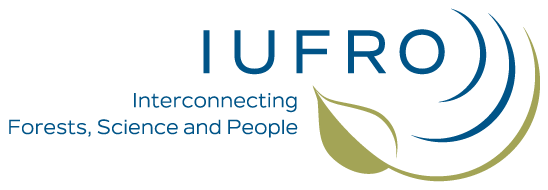
This project led by IUFRO aims to scale-up forest landscape restoration (FLR) in Malawi and Sri Lanka by developing a critical mass of well-trained FLR practitioners familiar with the ecological, social, economic and political dimensions of restoring large tracts of land in their respective countries. The project aims to expand the capacity of forestry, agriculture and rural development practitioners in planning, implementing and monitoring FLR activities on the ground.
Pictures © Jesuit Centre for Ecology and Development & IUFRO
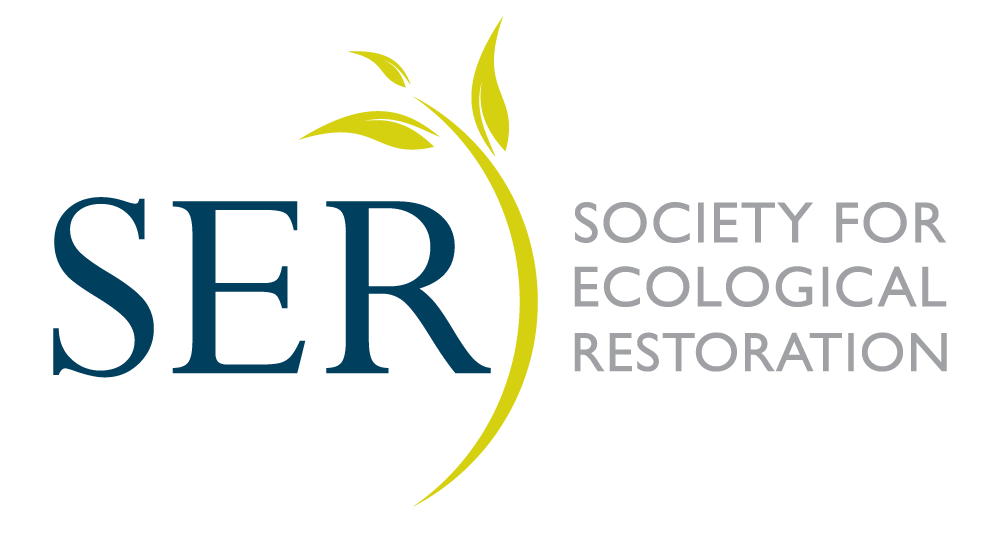
Mediterranean Forest Restoration Certification Pilot
Through this project the Society for Ecological Restoration (SER) and WWF Spain will pilot an innovative certification programme to verify the quality of projects for Mediterranean forest restoration in Spain. The aim of the project is to develop and test a quality “seal of approval” for forest restoration. Experience from this project may then lead to such a certification programme being expanded to other ecosystems (e.g. other types of forests, biodiverse grasslands etc.) and other regions of the globe. The project will provide guidance, structure, and an auditing process for designing, implementing and funding high quality ecological restoration in Mediterranean forests.
Pictures © SER
Nyagasenyi Remnant Forest Landscape Restoration for Improved Livelihoods and Resilience to climate change

The objective of this three-year project is to improve the conservation of the Nyagasenyi natural remnant forest and its watershed in Kirehe District, eastern Rwanda, and to support the livelihoods of surrounding communities through landscape restoration, integrated watershed management and eco-agricultural value chain development.
Pictures © ARCOS
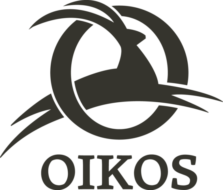
Promote mangrove participatory conservation in Mecufi and Metuge coastal area, Mozambique
This project led by Istituto Oikos aims to contribute to the conservation of mangroves and biodiversity in the Mecufi and Metuge coastal areas of the Cabo Delgado (Mozambique). Local institutions and communities will receive trainings and guidelines on participatory and sustainable mangrove management, before implementing pilot actions of mangrove restoration. In parallel, adaptive livelihood activities such as aquaculture and beekeeping will be promoted and a community awareness campaign involving the population and school students will supplement the mangrove conservation programme.
Pictures © Istituto Oikos
Shallow Wells and Green Cover Development in Jawad Hills Range

In the Jawad Hills region of Southern India (Tamil Nadu) forest density is declining due to rising temperatures, deforestation, lack of water resources, poor agricultural practices and forest fires. This project proposes to combine environmental, climate change and livelihood interventions in order to improve forest density and community well-being. The low cost innovative technique called “Shallow wells”, which allows the harvesting of shallow aquifers, will be promoted in conjunction with a perennial horticulture plantation programme involving local residents. This project will directly benefit 300 families each having one shallow well, with a span of three years ending March 2025.
Pictures © Hand in Hand India
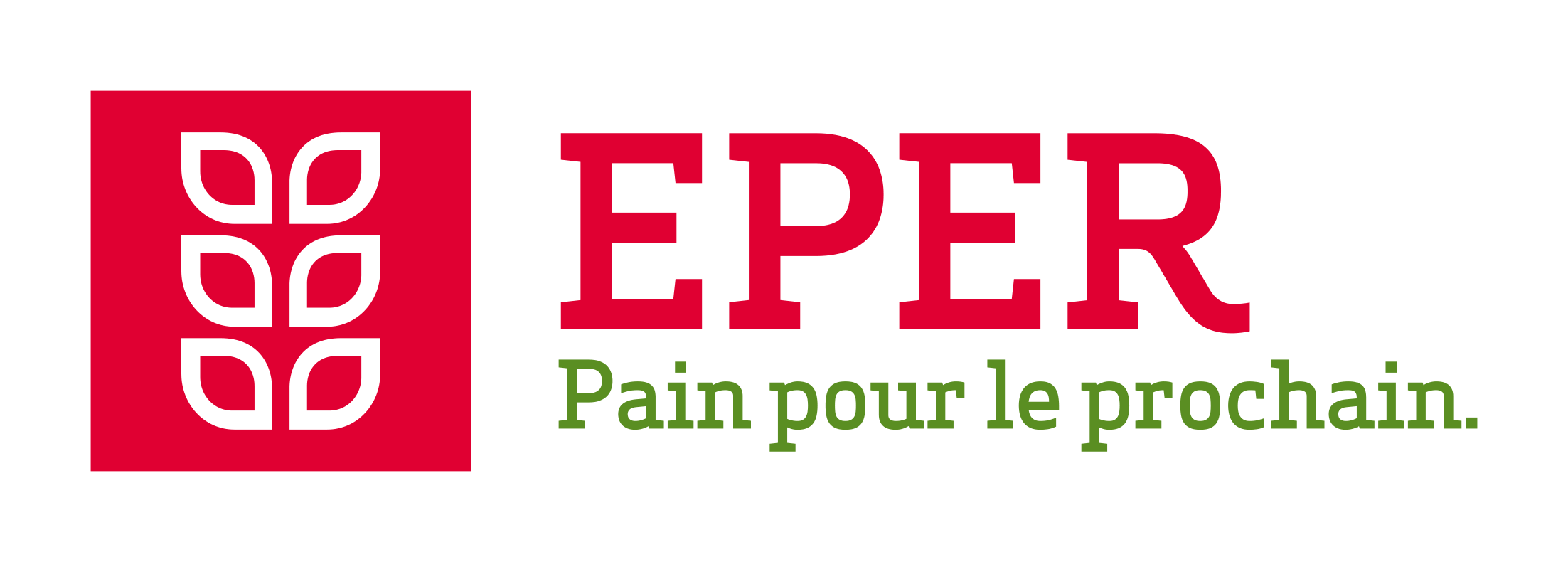
Biodiversity protection in Brazil. Land and income for traditional communities in the Cerrado region
This project supports traditional communities in northern Minas Gerais and Serra do Espinhaço in securing their land rights and managing their resources sustainably. Besides providing legal assistance to the communities for the recognition of their rights on traditional land and promoting the development of community-based natural resources management systems, the project partners will foster the development of organic agriculture and agroecology as well as the development of sustainable and profitable value chains.
Pictures © Valda Nogueira, CGS, Codecex
Restoration of mangroves in the northern part of the Manambolo-Tsiribihina landscape (Madagascar)
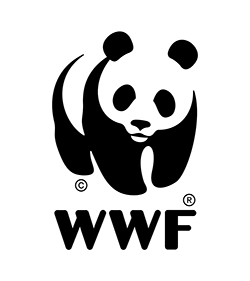
This WWF project aims to strengthen the restoration of mangroves managed by communities in the Manambolo-Tsiribihina landscape in western Madagascar to ensure connectivity and resilience of natural habitats while improving awareness of the importance of sustainable use and management of this ecosystem. It aims specifically to restore 1,500 ha of mangroves to ensure better ecosystem services and to capitalize on good practices and lessons learned on mangrove restoration.
Pictures © WWF Madagascar

Tree planters are the roots of the world!
The project “Tree planters are the roots of the world!” carries out fruit tree planting and reforestation activities in Bolivia and Congo DRC. The first component, entitled « Feeder villages », consists in promoting the planting of 20,000 fruit trees in public squares and family courtyards, in order to promote access to healthy food for the poorest families. The second component aims to reforest degraded land, in order to preserve biodiversity and ecosystem services for the benefit of local populations. The FAW supports the Bolivian part of this project.
Pictures © Association Voix Libres
WETLANDS
Building a Safe Space for the Italian Spadefoot in the Ticino River Landscape

The aim of this project carried out by Instuto Oikos is the conservation of the Italian Spadefoot (Pelobates fuscus insubricus), an endangered amphibian endemic to the Po Plain. Two small wetlands will be restored in an ecological corridor within the Ticino Valley Park to host the reintroduction of the Italian Spadefoot, which will will eventually increase the overall Spadefoot abundance. Communication campaigns will accompany the operations in order to increase local communities’ awareness on the importance of wetland conservation.
Pictures © Istituto Oikos
EDUCATION & CAPACITY BUILDING

Improving capacity for protected area management in Ghana
This project run by the Centre for African Wetlands (CAW) aims to ensure that evidence-based decision-making using species data enhances conservation of biodiversity and delivery of Sustainable Development Goals 14 (Life below Water) and 15 (Life on Land) in Ghana. Specifically, the project aims to ensure that multi-taxa monitoring systems using the latest tools and technology track the status of, and threats to, biodiversity in forest and freshwater protected areas in Ghana, creating the enabling conditions for evidence-based management and enhanced conservation impact.
Pictures © Kofi Amponsah-Mensah

Smiling Kids Zambia – Integration of street children and orphans into school and the community
This project led by Equal Education Fund (EEF) uses football and theatre to encourage street children of Chipata District in Zambia to go back to school. The objectives are to: 1. improve the physical and psychological health of street kids through sports, better food and medical support; 2. integrate 130 children in the football team and theatre group; 3. ensure school attendance by all the target children and provide 55 teenagers with professional education; 4. support 15 orphans through foster care; and 5. expand Smiling Kids’ funding base.
Pictures © Equal Education Fund

Spirit of the Wild
Support was granted to Bergplaas for this ongoing skills development project in South Africa’s Eastern Cape focused on natural leadership and self-awareness through a relationship with our natural environment and heritage.It aims to create a unique learning opportunity, enhancing personal growth and leadership skills within the field of conservation and resource management. Specifically, the project will uplift vulnerable youth by developing their skills in order to gain meaningful and lasting employment.
Pictures © Bergplaas
